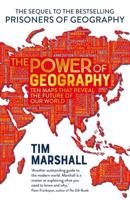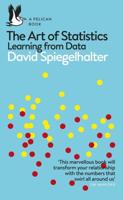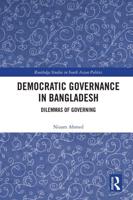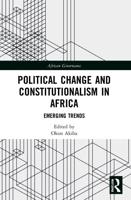Publisher's Synopsis
This book explores the urban, political, and economic effects of contemporary capitalism as well being concerned with a collective analytic that addresses these processes through the lens of disassembling and reassembling dynamics. The processes of contemporary globalization have resulted in the commodification of various dimensions that were previously the domain of state action. This book evaluates the varying international responses from communities as they cope and confront the negative impacts of neoliberalism. In-depth case studies from scholars working in Europe, Latin America, Africa, and Asia showcase how various cities are responding to the effects of neoliberalism. Chapters investigate and demonstrate how the neoliberal processes of dissembling are being countered by positive and engaged efforts of reassembly. From Colombia to Siberia, Chicago to Nigeria, contributions engage with key economic and urban questions surrounding the militarization of state, democracy, the rise of the global capital and the education of young people in slums.This book will have a broad appeal to academic researchers and urban planning professionals. It is recommended core reading for students in Urban Planning, Geography, Sociology, Anthropology, and Urban Studies.











